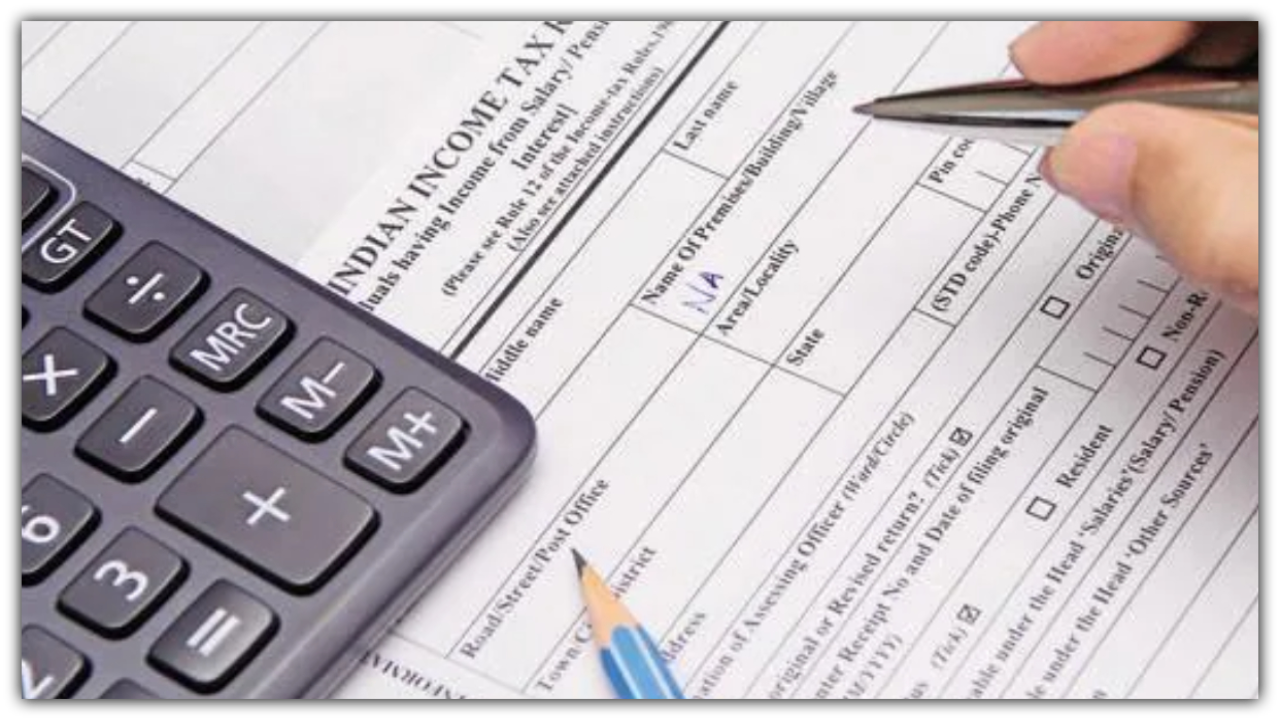The New 2026 Tax Bill Could Change Your Paycheck Overnight — See If You’re Hit or Helped!
Heads up—there’s a massive new tax bill working its way through Congress right now, and if it goes through, it could change how much money stays in your pocket starting in 2026.
The House just passed something called the “One Big Beautiful Bill” (yes, that’s the real name), and it’s basically a reboot of the Trump-era tax cuts… but with some extras thrown in and some pretty serious trade-offs.
Let’s walk through the main stuff—no political jargon, no headache.
First, They Want to Keep the 2017 Tax Cuts Around
Those tax cuts from back in 2017? They were supposed to expire soon. But this new bill would keep them going.
Here’s what that means for you:
-
The top tax rate stays at 37%
-
The standard deduction (aka the amount of income the IRS pretends doesn’t exist when taxing you) would go up a bit for everyone:
-
Single folks: from $15,000 to $16,000
-
Heads of household: from $22,500 to $24,000
-
Married couples: from $30,000 to $32,000
-
These changes would kick in for tax year 2025 and stick around until at least 2028.
Parents Might Get a Little Boost Too
If you’ve got kids, the Child Tax Credit would go up from $2,000 to $2,500 per child between 2025 and 2028. After that, it drops back to $2,000—unless Congress decides to extend it again.
Seniors, Tipped Workers, and Drivers—There’s Stuff for You Too
Here’s where things get kind of interesting:
-
Seniors (65+) with lower incomes could get a $4,000 tax deduction. Basically, that means they’d pay less in taxes just for being older and earning under $75,000 a year.
-
Tipped workers and anyone doing overtime—your extra income from those tips and extra hours? The IRS wouldn’t touch it (at least through 2028).
-
Car loan interest could be deductible—up to $10,000—if you bought an American-made car and your income isn’t too high.
SALT Cap Relief (Especially Big for High-Tax States)
If you live in a state like California or New York and usually get crushed by property or state taxes, this part could help.
Right now, you can only deduct $10,000 of your state and local taxes on your federal return. Under this new bill, that cap would jump to $40,000—if you make under $500K. More money saved for a lot of middle-class families.

Big Change to Estate Taxes (for the Wealthy)
Planning to pass down a big inheritance? Or expecting one? The estate tax exemption would double:
-
$15 million for individuals
-
$30 million for married couples
That means only the ultra-rich would need to worry about estate taxes under this plan.
But There’s a Catch: Cuts to Medicaid and Food Assistance
To pay for all these tax breaks, the bill makes big cuts to federal spending—especially programs that help low-income folks:
-
Medicaid would lose about $700 billion, and work requirements would get stricter
-
SNAP (aka food stamps) would be cut by $267 billion, with new rules that could make it harder to qualify—especially if you’re under 64 and not working full-time
So while there are tax breaks for some, others might lose access to key benefits.
What About the National Debt?
According to budget experts, this bill would add nearly $4 trillion to the deficit over 10 years. Supporters say it’ll help the economy. Critics say it gives too much to the wealthy and takes too much from the vulnerable.
So, What Happens Next?
The bill’s cleared the House—but it still has to pass the Senate. And that’s where things could get spicy. Expect debates, changes, and maybe a totally different version by the time it’s done.
In the meantime, it’s a good idea to start thinking about how these changes could affect your wallet, especially if you’re a parent, senior, hourly worker, or someone who relies on government assistance.


Comments are closed, but trackbacks and pingbacks are open.